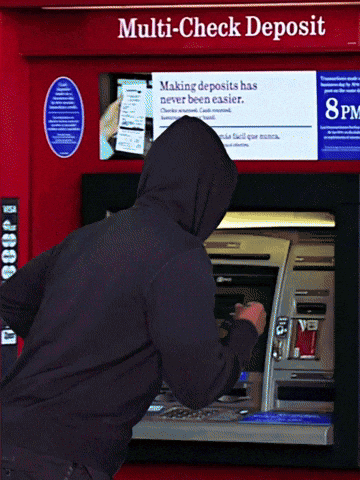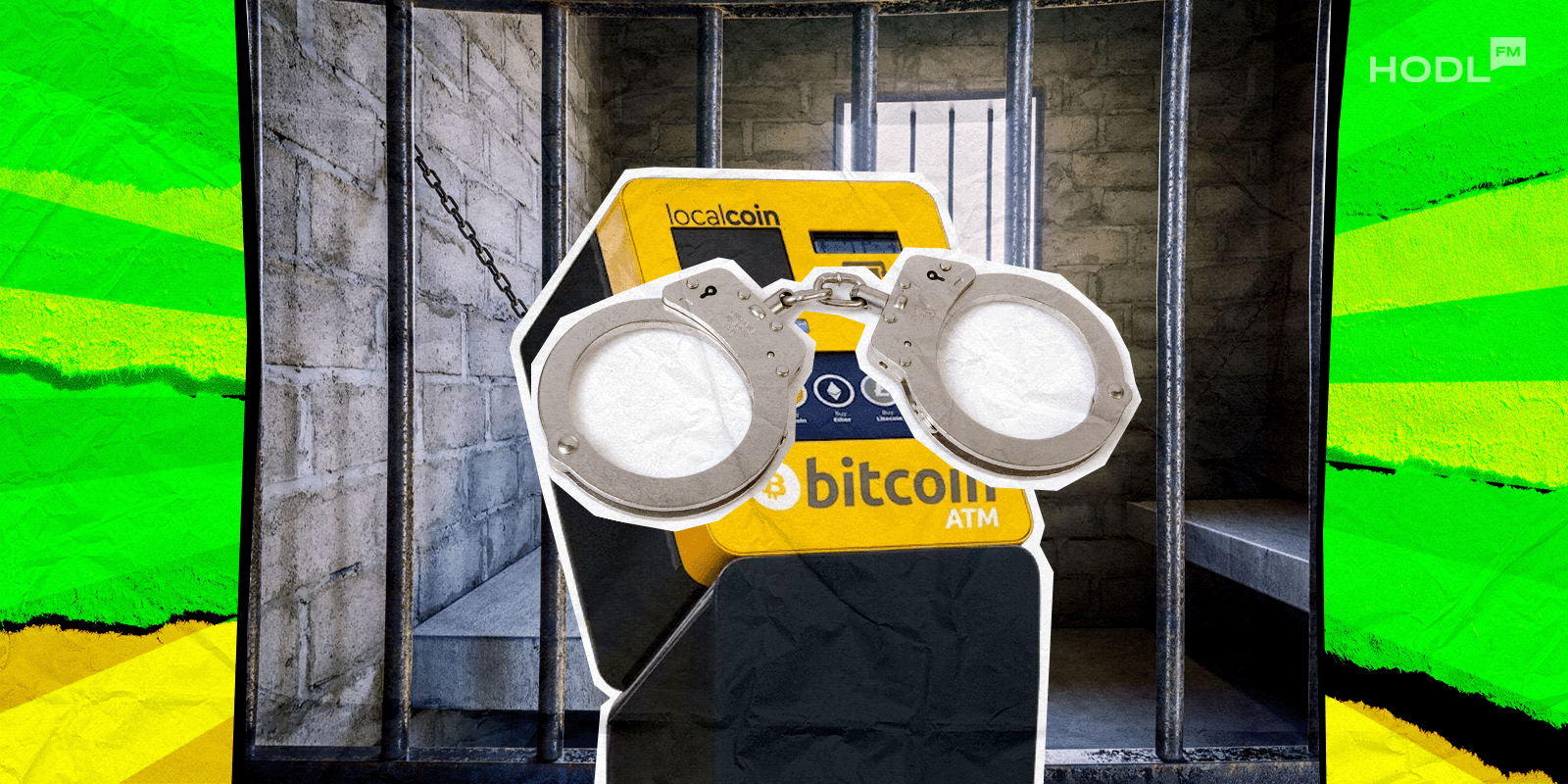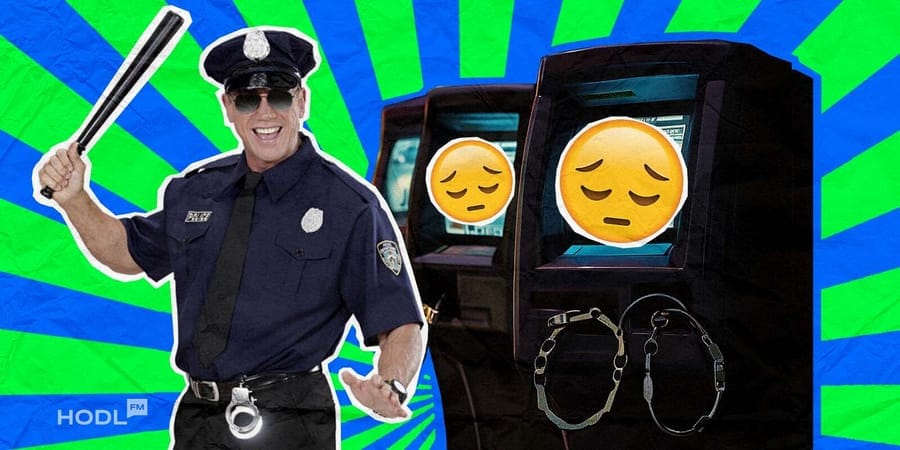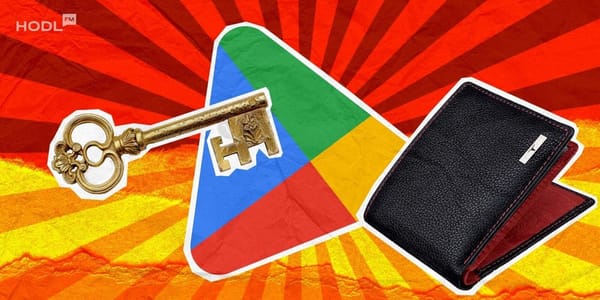New Zealand has decided to take a stand against the crypto world’s favorite ATM: the good ol’ cryptocurrency kiosk. In a bold (and probably overdue) move, the government announced it’s banning all crypto ATMs, along with placing a $5,000 cap on international cash transfers. Why, you ask? According to the officials, it’s part of an epic mission to crack down on money laundering and financial crime. Because let’s face it, who doesn’t love a good crackdown?
Nicole McKee, Associate Justice Minister, gave us the details on Wednesday, proudly unveiling these changes as part of the government’s overhaul of its Anti-Money Laundering and Countering the Financing of Terrorism (AML/CFT) regime. Of course, if you’re a criminal, you’re probably a bit disappointed. “No more crypto ATMs? Oh, come on!” said no criminal ever.

In her announcement, McKee stated that the new rules would make it a whole lot harder for criminals to convert their dirty cash into cryptocurrencies. A pretty bold claim, considering crypto ATMs have long been a favorite tool for converting cash into digital assets in a hurry. But hey, if it works, it works.
“We will also make it more difficult for criminals to convert cash to high-risk assets such as cryptocurrencies by banning crypto ATMs,” McKee said, adding a reassuring note for businesses: “This Government is serious about targeting criminals, not tying up legitimate businesses in unnecessary red tape.”
That’s right, only criminals will have to worry about the extra hassle.
The Government Gets Serious About Surveillance
Not stopping there, New Zealand is also giving its Financial Intelligence Unit (FIU) the power to demand ongoing information from banks and other entities about individuals flagged for suspicious activity. So, if you’ve been doing anything “questionable” (we’re not judging), expect a phone call. The two AML reform bills currently in parliament are expected to pass by the end of the year, offering a delightful combination of fewer compliance headaches for law-abiding businesses and a bit more financial surveillance.
As McKee put it: “This is not about dropping standards, it’s about applying them intelligently.”
Translation: We’re not lowering our standards, we’re just making sure the criminals get the message and leave legitimate businesses alone.
Crypto ATMs - The Global Crackdown Continues
New Zealand’s crackdown follows in the footsteps of other countries tightening the noose on crypto ATMs. In Australia, the financial intelligence agency, AUSTRAC, has imposed new rules that include a $3,250 cap on cash deposits and withdrawals, alongside more stringent monitoring and customer checks. Meanwhile, Spokane, Washington, has gone full throttle, banning crypto ATMs altogether. So much for the “easy way” of exchanging cash for crypto.
According to Coin ATM Radar, over 220 crypto kiosks are currently operating across New Zealand. But with these new regulations, it seems like those machines might be heading to the great digital coin machine graveyard. Who knew the crypto world would face such an ATM crisis?
In the end, whether you’re a crypto enthusiast or just a casual observer, one thing’s for sure: the crackdown on crypto ATMs is only getting started, and the global trend of regulating these machines is becoming harder to ignore. Looks like the future of crypto ATMs is now a lot more uncertain. Stay tuned, this is one saga that’s far from over.

Disclaimer: All materials on this site are for informational purposes only. None of the material should be interpreted as investment advice. Please note that despite the nature of much of the material created and hosted on this website, HODL FM is not a financial reference resource, and the opinions of authors and other contributors are their own and should not be taken as financial advice. If you require advice. HODL FM strongly recommends contacting a qualified industry professional.





